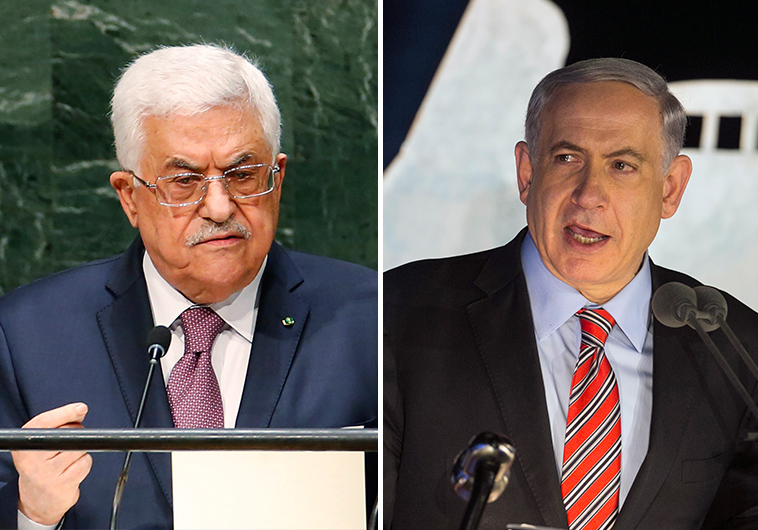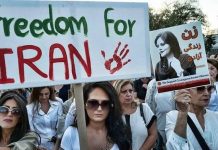Abbas faces more fiascos after the UN rejects his unilateral path to a Palestinian state
DEBKAfile Special Report December 31, 2014,
The United Nations Security Council Tuesday night, Dec. 30, rejected a Palestinian resolution demanding that Israel withdraw from disputed territories within three years. The motion fell one short of the minimum nine “yes” votes in the Security Council, confirming debkafile’s reporting ahead of the vote. The US and Australia voted against; Russia, China, France, Argentina, Chad, Chile, Jordan and Luxembourg voted in favor and the UK, Lithuania Nigeria, South Korea and Rwanda abstained.
The document called for Israel to fully withdraw from all “occupied Palestinian territories” by the end of 2017 and for a comprehensive peace deal to be reached within a year. It also called for new negotiations to take place based on territorial lines that existed prior to the 1967 war in the West Bank, East Jerusalem and the Gaza Strip..
The resolution was submitted by Jordan after its endorsement by 22 Arab states and the Palestinian Authority.
After the vote, the Palestinian delegation claimed it had been surprised by Nigeria’s abstention. However, that was just a pretense. Nigeria had been persuaded some time ago by the US and Israel not to endorse the resolution. Indeed, shortly before the vote, the Israeli prime minister talked by phone to the rulers of Nigeria and Rwanda.
The vote was also a setback to the politicians running against Likud for the March 17 general election. They maintain tirelessly that Netanyahu has dragged Israel into international isolation and lost the ability even to raise an American veto against a hostile Security Council resolution.
His leading detractors on this score are the two Labor leaders Yitzhak Herzog and Tzipi Livni, the Future leader Yair Lapid and Yisrael Beitenu leader Avigdor Lieberman, although he serves as foreign minister in the Netanyahu government.
In fact, it turned out well before Tuesday night that the United States was perfectly ready to slap down its veto if the Abbas motion managed to gain nine votes. US Ambassador Samantha Power strongly rebuked the Palestinians for their action “because … peace must come from hard compromises that occur at the negotiating table,” she said.
The Palestinians may fare no better if they submit their motion again to the Security Council after Jan. 2015 in the hope of a more favorable reception by its new lineup. They may be in for a surprise from India. debkafile’s diplomatic sources report that Prime Minister Narendra Modi is considering abstaining or even opposing Abbas’ motion, seriously jolting the Palestinians who had always counted on India as a leading member of the nonaligned bloc of nations automatically acting as the backbone of their support in the world body.
India’s turnaround would represent another diplomatic feat for the Netanyahu government and demonstrate Israel’s real strength in Asia and the Middle East.
The French vote for the Palestinian motion was not unexpected. Paris is spearheading Europe’s anti-Israel stance in an attempt to boost its military ties with the Persian Gulf nations.
Straight after their fiasco in New York, the Palestinians announced their leaders would meet in Ramallah the next day and decide on their next step. Abbas proposes immediately applying to join the Rome Treaty to advance their bid for accredited statehood. One of his first actions would be to prosecute Israeli for war crimes at the International Court at the Hague.
American officials in Washington pointed out before the Council vote that the Palestinians are unlikely to get very far in their suit. The court’s standing is ambiguous: it is not recognized by the US, Israel, Russia, India or China and has held no more than 21 trials in decades. The court has so far evaded cases against national leaders responsible for the most heinous crimes and causing hundreds of thousands of civilian deaths, like Syria’s Beshar Assad.
Even if the international court accepts the Palestinian case, they themselves will have opened the door to the prosecution of countless numbers of Palestinians responsible for decades of terrorism and other crimes against humanity.





















